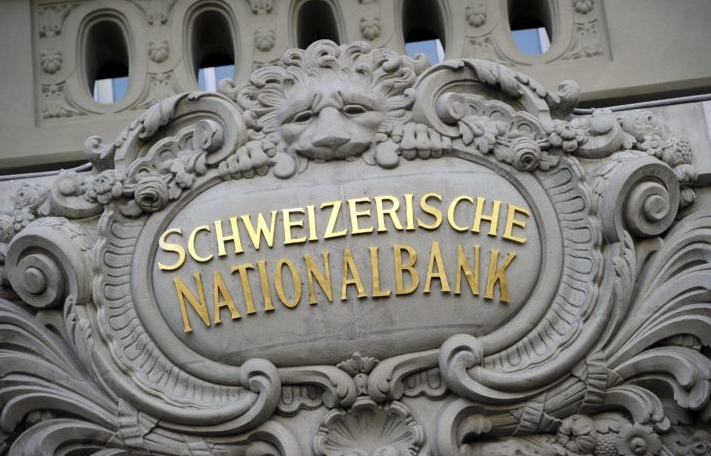 There is one major problem with putting houses of card back together – they tend to fall…over and over. And while abundant liquidity in May and June served as an artificial prop to return European core and PIIGS spreads to previous levels merely as mean reversion algos took holds, the second time around won’t be as lucky. CDR’s Tim Backshall was on the Strategy Session today, discussing the key trends in sovereign products over the past few months, noting the declining liquidity in both sovereign cash and derivative exposure (we will refresh on the DTCC sovereign data later after its weekly Tuesday update). Yet the most interesting observation by Backshall is the declining halflife of risk-on episodes, which much like the SNB’s (now declining) interventions, are having less of an impact on the market, as ever worsening fundamentals can only be swept under the carpet for so long before they really start stinking up the place, and indeed, as Tim points out at 5:30 into the interview, even the IMF now realizes that soon the eventual second domino will fall, and it is better the be prepared (via the previously discussed infinitely expanded credit line), than to have to scramble in the last minute as was necessary in May. In other words, the storm clouds are gathering and only fools will invest in risk asset without getting some additional clarity on what is happening in Europe. The bottom line as Backshall asks is: “do they default now or default later.” And that pretty much sums it up. Buy stocks at your own peril.
There is one major problem with putting houses of card back together – they tend to fall…over and over. And while abundant liquidity in May and June served as an artificial prop to return European core and PIIGS spreads to previous levels merely as mean reversion algos took holds, the second time around won’t be as lucky. CDR’s Tim Backshall was on the Strategy Session today, discussing the key trends in sovereign products over the past few months, noting the declining liquidity in both sovereign cash and derivative exposure (we will refresh on the DTCC sovereign data later after its weekly Tuesday update). Yet the most interesting observation by Backshall is the declining halflife of risk-on episodes, which much like the SNB’s (now declining) interventions, are having less of an impact on the market, as ever worsening fundamentals can only be swept under the carpet for so long before they really start stinking up the place, and indeed, as Tim points out at 5:30 into the interview, even the IMF now realizes that soon the eventual second domino will fall, and it is better the be prepared (via the previously discussed infinitely expanded credit line), than to have to scramble in the last minute as was necessary in May. In other words, the storm clouds are gathering and only fools will invest in risk asset without getting some additional clarity on what is happening in Europe. The bottom line as Backshall asks is: “do they default now or default later.” And that pretty much sums it up. Buy stocks at your own peril.
Incidentally all this is happening as we read in an exclusive Bloomberg piece that “four months after the 110 billion- euro ($140 billion) bailout for Greece, the nation still hasn’t disclosed the full details of secret financial transactions it used to conceal debt” and that EuroStat still has not received the required disclosure about just how fake (or real) the Greek debt situation truly is. When one steps back and ponders just how bad (and unknown) the situation in Europe is, and that stocks are unchanged for the year, one must conclude, as Dylan Grice does every week, that the lunatics have truly taken over the asylum.


